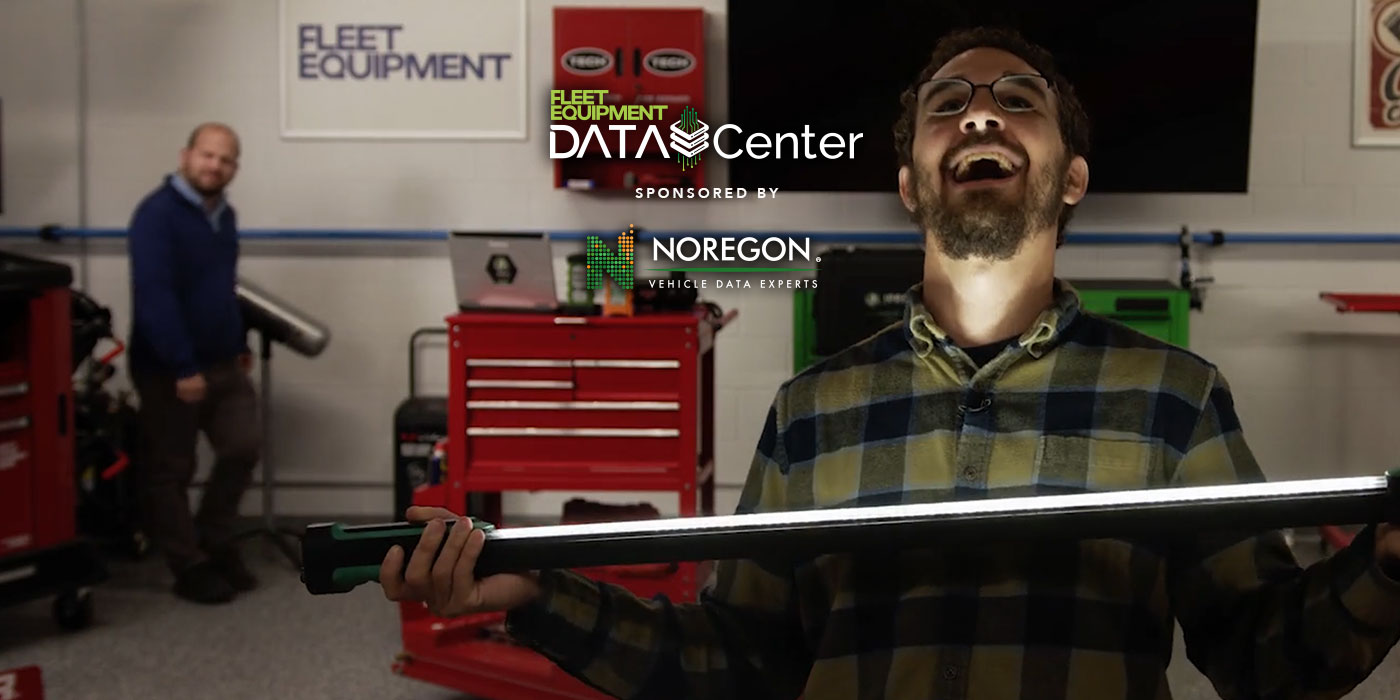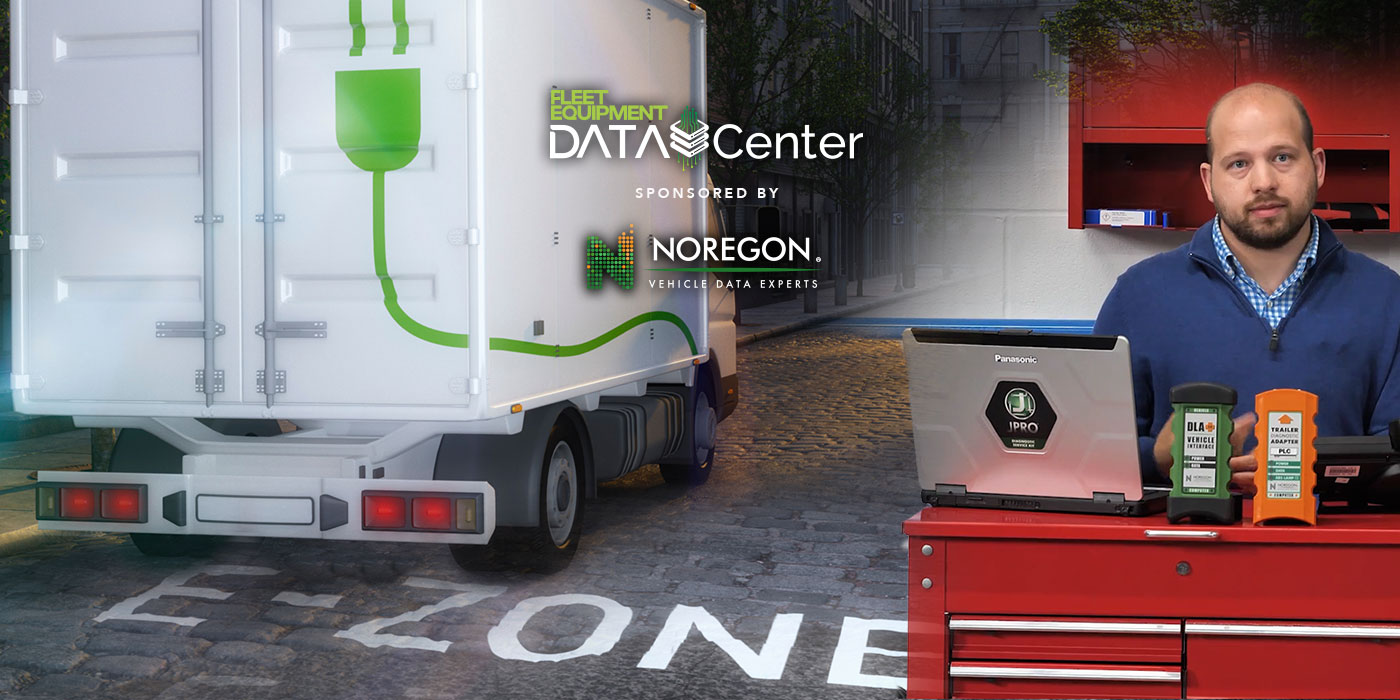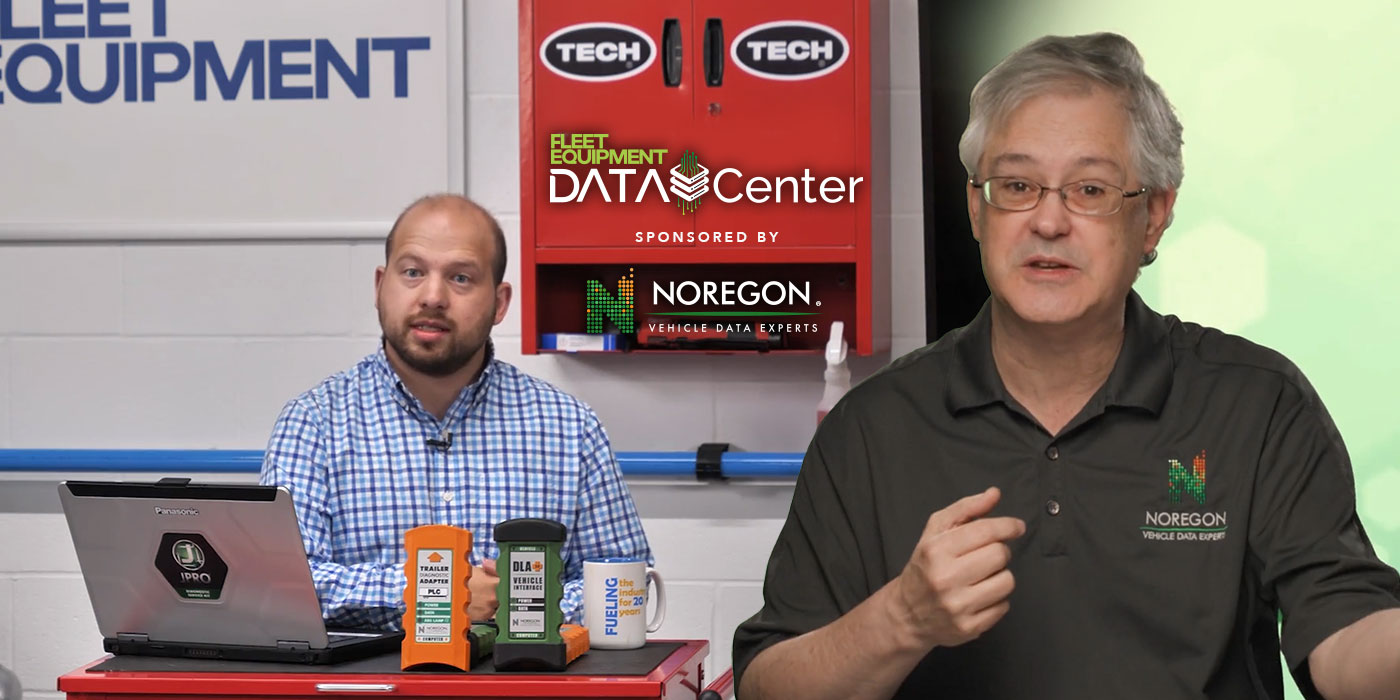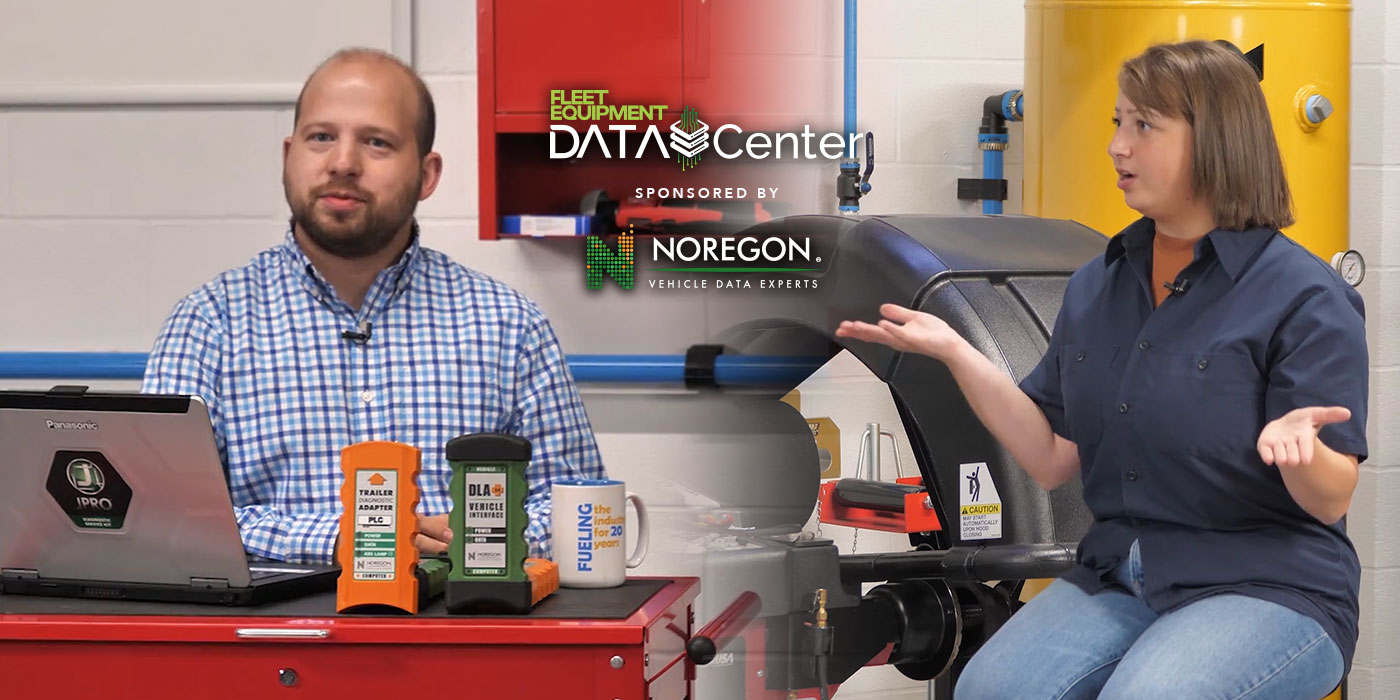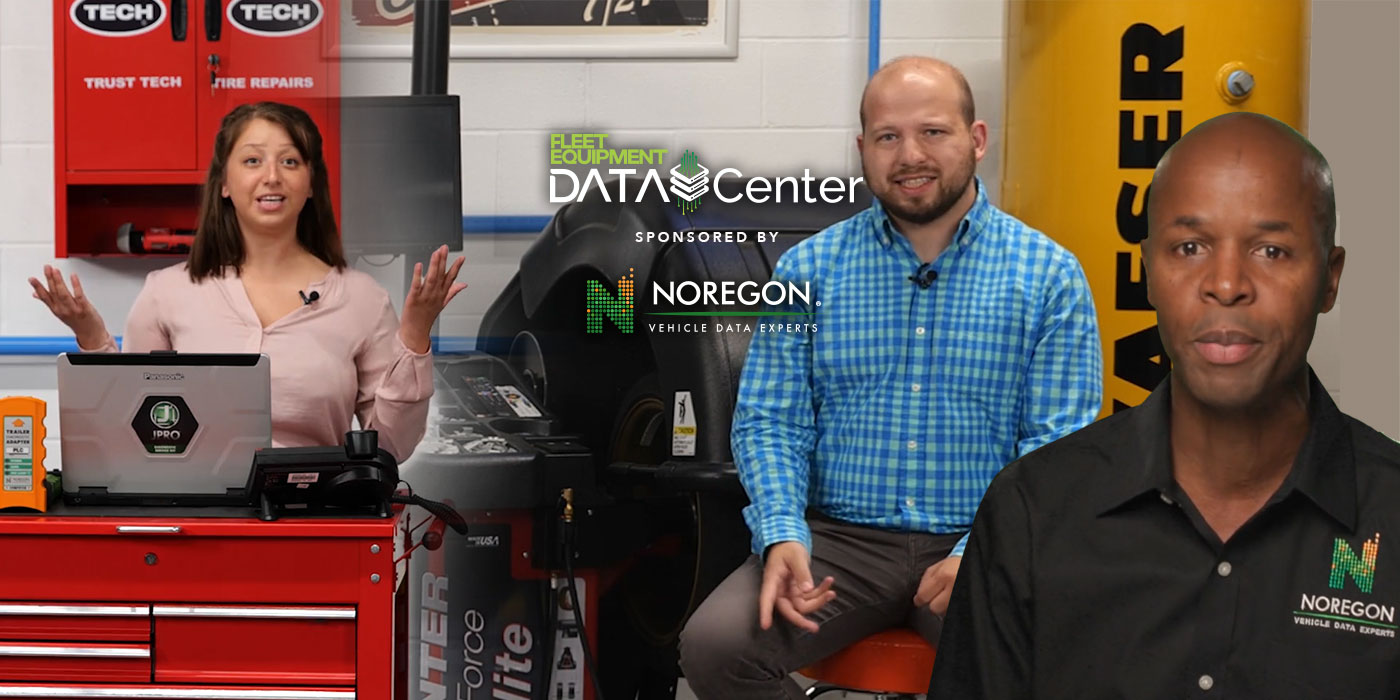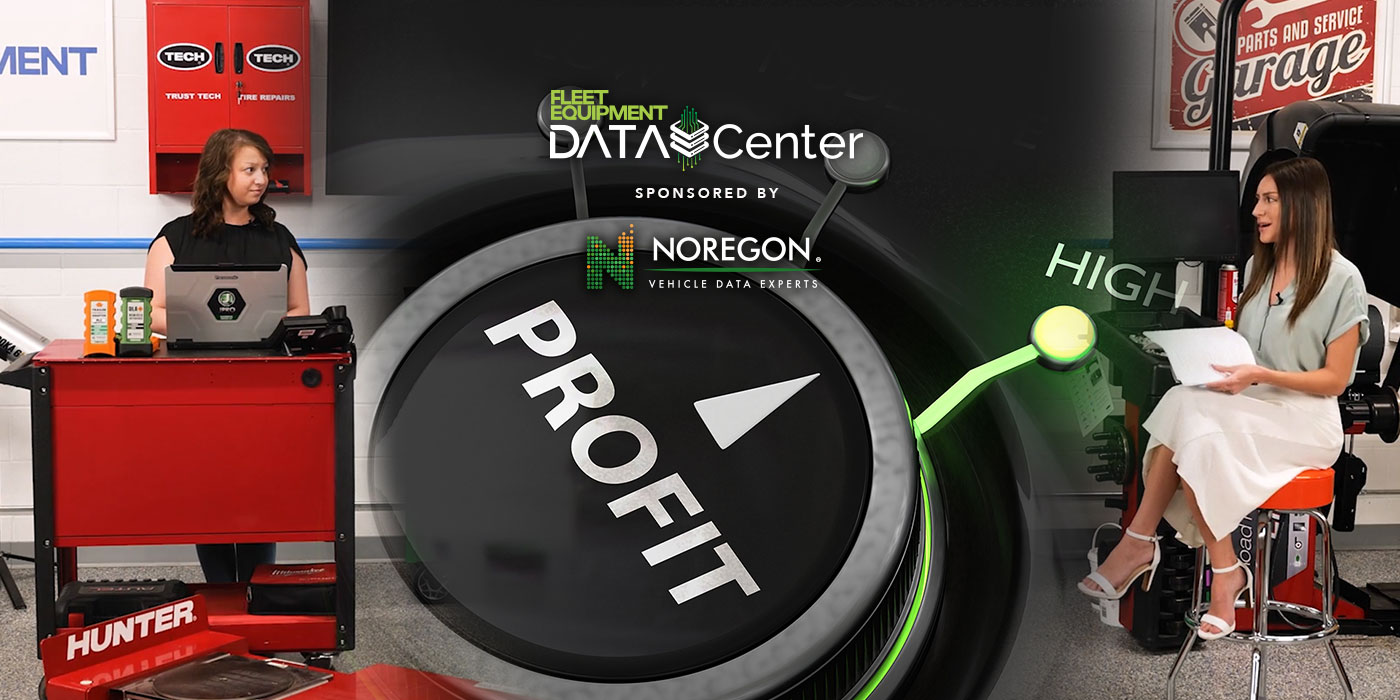The Vehicle Maintenance Report Standards, or VMRS, have been a frequent topic on Data Center, and for good reason. VMRS is a code system, maintained by the American Trucking Associations’ Technology and Maintenance Council. Essentially, it’s a way of translating maintenance codes into something of a universal language, no matter what terminology a shop or fleet may use to refer to a certain maintenance issue.
To really use VMRS properly, it needs to become part of the shop routine, and that means consistent training for your technicians. Many fleet maintenance systems incorporate VMRS, so that’s the easy part. But it also needs to be integrated across the entire shop maintenance process. If your diagnostic and repair solution captures VMRS data, your business systems that utilize this data must support VMRS codes as well.
One of the biggest potential pitfalls in the VMRS process is entering incorrect or incomplete data. Inaccurate data will completely defeat the point of using this system and may lead to bad decisions. Again, training and follow-up with your technicians are key.
In the latest episode of Data Center, we share with you a few VMRS tips that we’ve sourced from across the fleet maintenance industry, and Noregon weighs in on what shops that don’t use VMRS data are missing out on. Watch the video above for all the insights.
Fleet Equipment’s Data Center is sponsored by Noregon. Subscribe to our newsletter to catch every episode as we’ll be diving into use cases, talking with the data pros and making data usage approachable.

